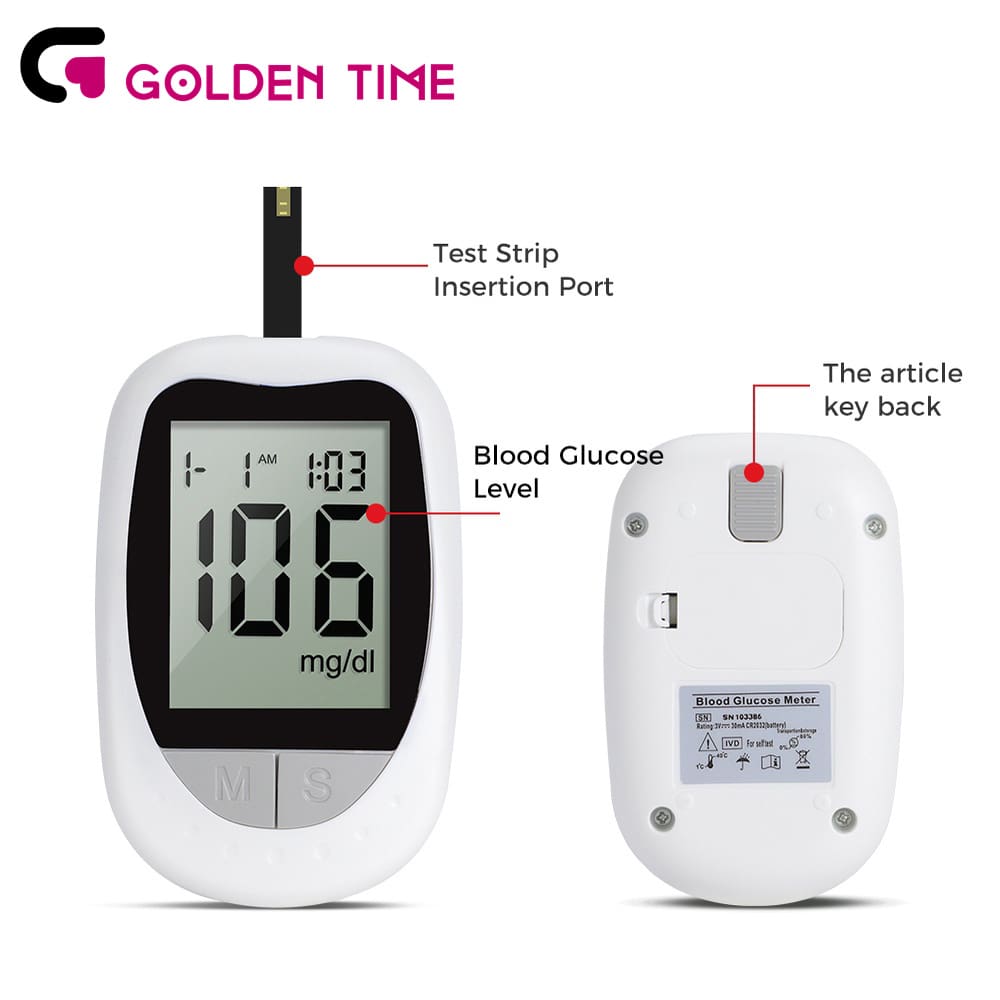නොවැ. . 29, 2024 10:21 Back to list
Testing Strategies and Approaches for Effective COVID-19 Management and Response
Understanding COVID-19 Testing Importance and Implications
The COVID-19 pandemic has brought unprecedented challenges to global health systems, economies, and social structures. One of the critical strategies in managing and controlling the spread of the virus involves widespread testing. COVID-19 testing plays a vital role in identifying infected individuals, tracing contacts, and informing public health responses. This article delves into the importance of COVID-19 testing, the different types of tests available, and the implications of testing in managing the pandemic.
Importance of COVID-19 Testing
Testing for COVID-19 is essential for several reasons. Firstly, it helps to identify asymptomatic and symptomatic individuals who may be carrying the virus. Many people infected with COVID-19 do not exhibit symptoms, which makes detecting the virus crucial to preventing further transmission. By identifying cases early, individuals can isolate themselves, reducing the risk of spreading the virus to others.
Secondly, widespread testing facilitates contact tracing. When a person tests positive for COVID-19, public health officials can trace their recent contacts to inform those individuals of potential exposure. This proactive measure enables timely quarantining and subsequent testing of contacts, further controlling the spread of the virus.
Moreover, testing provides valuable data for public health authorities to monitor the prevalence of the virus within communities. This data helps to inform the implementation of targeted interventions, such as lockdowns or movement restrictions, thereby optimizing resource allocation and minimizing economic disruptions.
Types of COVID-19 Tests
There are primarily two types of COVID-19 tests molecular tests and antigen tests.
1. Molecular Tests These tests, including PCR (Polymerase Chain Reaction) tests, detect the virus's genetic material. They are considered the gold standard for COVID-19 testing due to their high sensitivity and specificity. Results from molecular tests can typically be obtained within a few hours to a couple of days.
test covid

2. Antigen Tests These tests detect specific proteins produced by the virus. They are generally quicker and cheaper than molecular tests, with results available within minutes. However, antigen tests tend to be less sensitive than molecular tests, which means they are more likely to yield false negative results, especially in individuals with lower viral loads.
Both types of tests have their unique advantages and limitations. The choice of which test to use often depends on the context, availability, and urgency of results needed.
Implications of Testing
The widespread implementation of COVID-19 testing has several implications for society. Firstly, it empowers individuals to take control of their health. Knowing one’s COVID-19 status can guide personal decisions regarding social interactions, travel, and work. This informed decision-making is crucial in a time when uncertainty reigns.
Secondly, testing plays a pivotal role in pandemic management. Countries with robust testing strategies have been able to navigate the crisis more effectively, implementing timely interventions based on reliable data. This has highlighted the importance of investing in public health infrastructure and ensuring equitable access to testing for all populations.
Lastly, the issue of testing equity cannot be overlooked. Access to testing varies significantly across different socio-economic and geographic demographics. Ensuring that marginalized communities receive adequate access to testing is essential not only for effective outbreak control but also for addressing broader health disparities that have been exacerbated by the pandemic.
Conclusion
In conclusion, COVID-19 testing is an indispensable tool in managing the pandemic. It aids in identifying infections, facilitating contact tracing, and providing critical data for public health decision-making. Understanding the types of tests available and their implications can help communities navigate the ongoing challenges posed by COVID-19. As we continue to face the evolving nature of this virus, prioritizing testing accessibility and equity will be paramount in safeguarding public health and ensuring a more resilient future.
-
Dengue NS1 Rapid Diagnostic Test Kit
NewsMar.07,2025
-
Dengue NS1 Rapid Diagnostic Test Kit
NewsMar.07,2025
-
Dengue NS1 Rapid Diagnostic Test Kit
NewsMar.07,2025
-
Transferrin Rapid Test Cassette Tumor Marker TF Card
NewsMar.07,2025
-
Malaria Pf Pan Rapid Diagnostic Test Kit
NewsMar.07,2025
-
malaria pf / pan ag rapid test
NewsMar.07,2025

